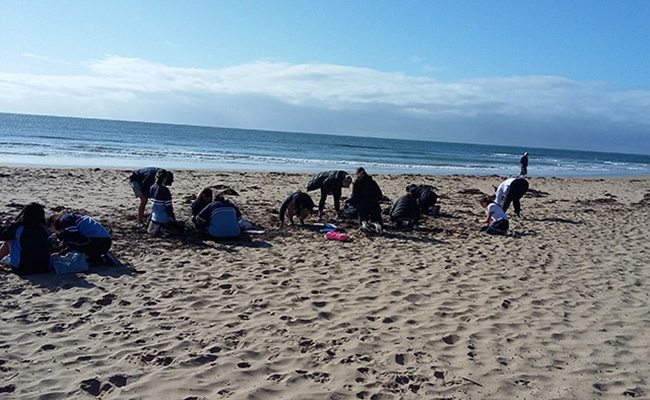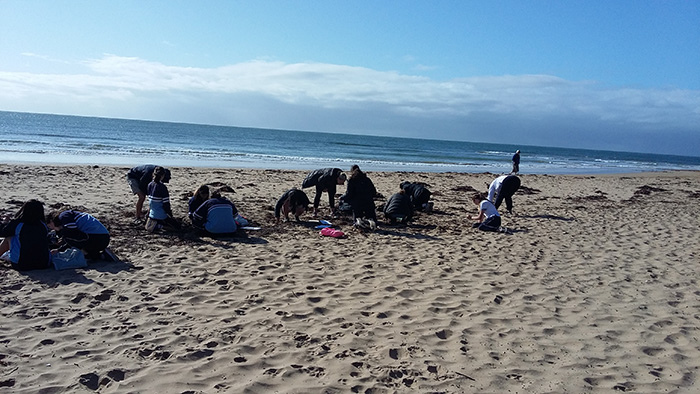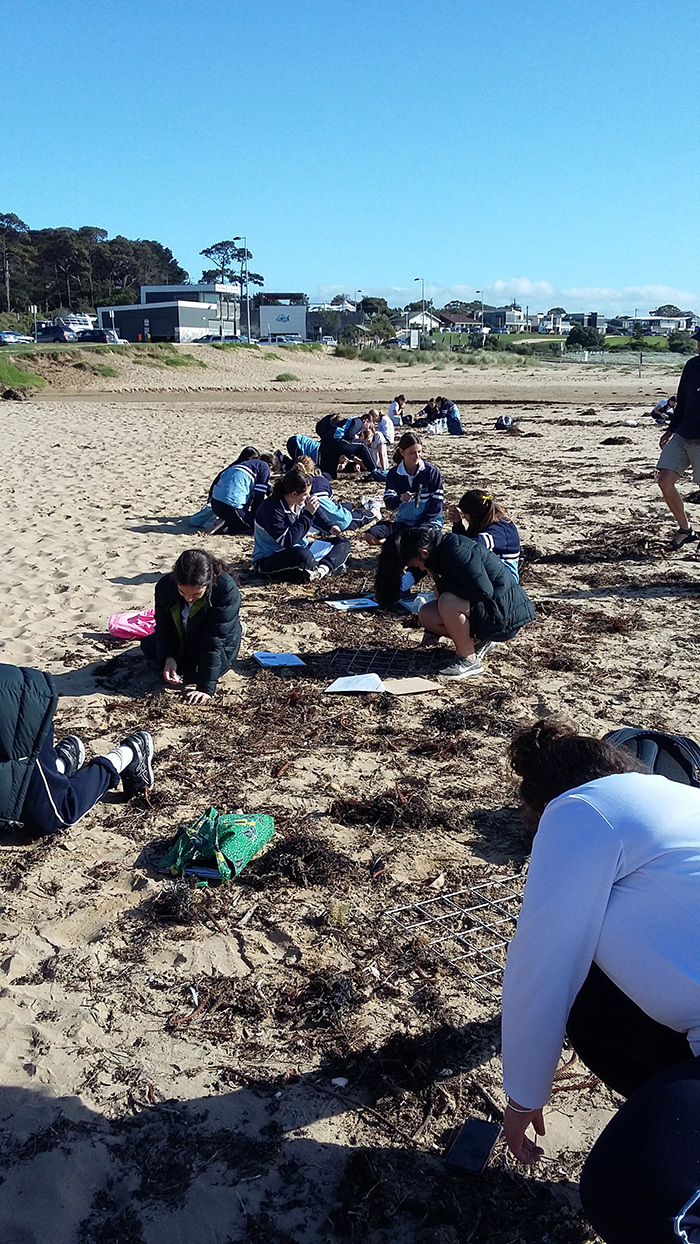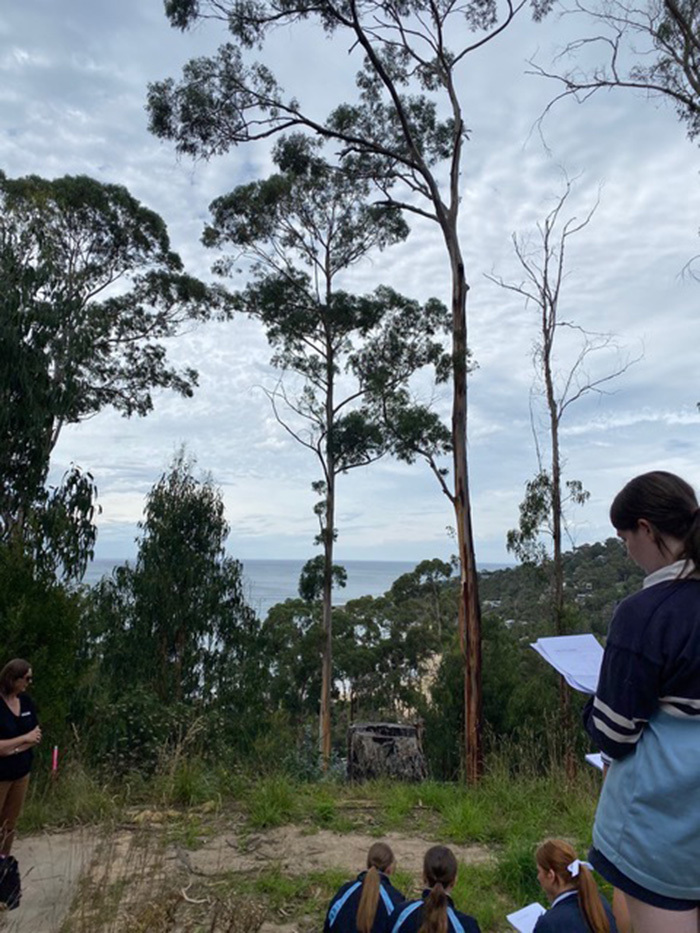
Studying Geography involves investigating issues and events in our own environment, getting out of the classroom and into the environment and gathering your own first-hand information.
On Friday 13 March the Unit 1 Geography class studying hazards and disasters travelled to Wye River to investigate the causes, impacts, responses and recovery of the region following the 2015 Christmas Day Fires. They were assisted by Ms Hutchens from DEWLP as well as the Wye River Fire Captain Andrew Hack. They were accompanied by Mr Schaffner who experienced the fires first hand and Mrs Womersley.
I believe the field trip changed my understanding of the Wye Rivers fires because I realised the true impacts on the township and livelihoods of people. This trip added to my understanding because I learnt about the causes of the fire and how the CFA responded to it and the struggles involved with fighting the fire. Without this trip, I could not have gathered as much data about our topic, so it was a good day to learn more. It was good to listen to Andrew because he was there and involved in the response and he was able to talk us through his whole day of how they helped stop the fires.
Georgia Walter
Through the field trip to Wye River, I was able to physically see the extent to which the bushfire had impacted factors such as infrastructure (houses), the environment (burnt trees, soil degradation), society (sense of place) and especially on the economy (number of tourists, cost). The presentations by B. Hutchens and A. Hack gave me a better understanding on the exact causes and impacts caused by the Wye River bushfire that occurred in 2015/16, as well as the response and future plans put in place to reduce the occurrence and be better prepared if another bushfire happens to occur.
Alannah Colla
On Friday 6 March the 9/10 Save the World Geography class conducted fieldwork to investigate the presence of micro-plastics at Fisherman’s Beach in Torquay. The class were assisted by Pete from the Great Ocean Road Coastal Committee.
Students were asked, what did you learn by collecting your own data in the field?
By participating in this fieldwork excursion, I learnt just how much plastic pollution and pollution there really is in our own local environment. Just because we didn’t immediately see any pollution at first glance, we assumed that there wouldn’t really be that much pollution to be found. However, we found 80g of rubbish in 4m2, which included 116 cigarette butts, 103 pieces of foam and polystyrene, and 29 pieces of hard plastic, but that wasn’t all. Seeing and finding all of this pollution in such a small area for ourselves was really eye-opening and shocking.
Hayley Hunt
While attending this excursion I expanded my knowledge on the different types of pollutants in our own local environments, where they come from and the main causes of this pollution. I found Pete to be informative and helpful when explaining the effects of plastics on a local, national and global scale. This excursion has led me to be more aware of my contribution to plastic pollution and how I can reduce this.
Kaitlyn Bird
On Monday 6th of March, the geography class of 9/10SW travelled down to Fisherman’s Beach Torquay to investigate the impact of plastic pollution in our local community. Collecting rubbish and seeing the amount that was left in a small area had made us realise that microplastics can be very easy to be ingested by our animals. Being able to see the effect of plastic that humans have left behind is truly eye-opening and encourages us to find a solution to this global issue.
Makaira Le


